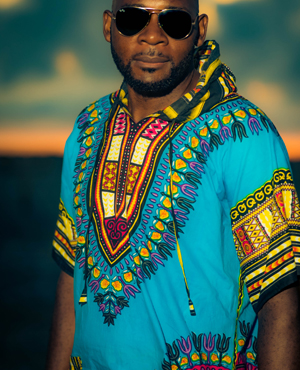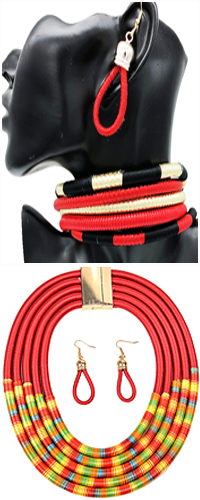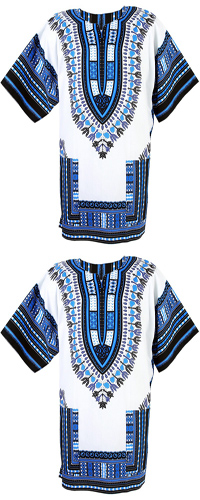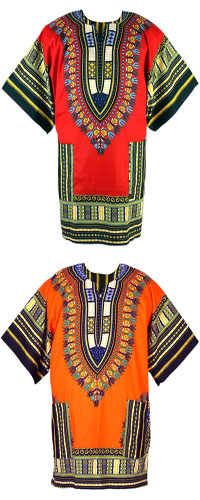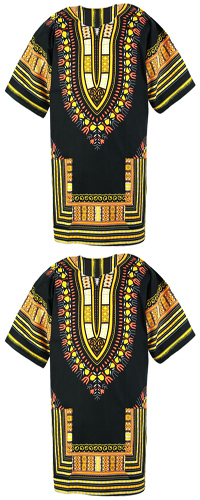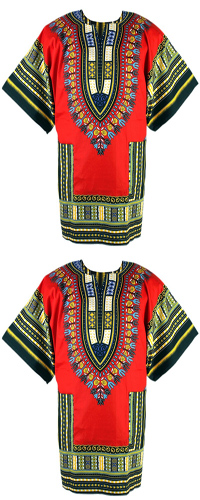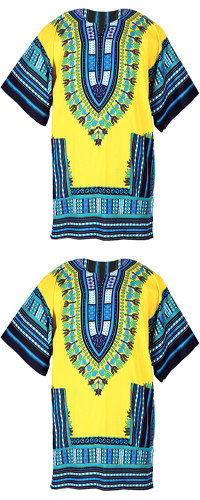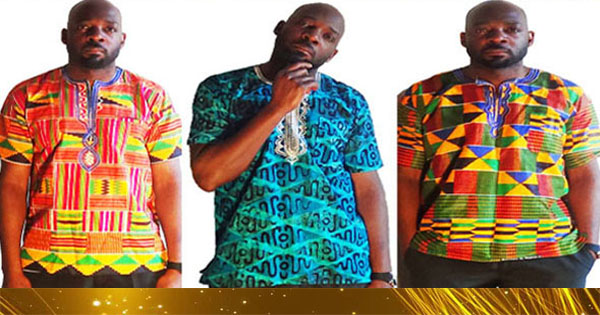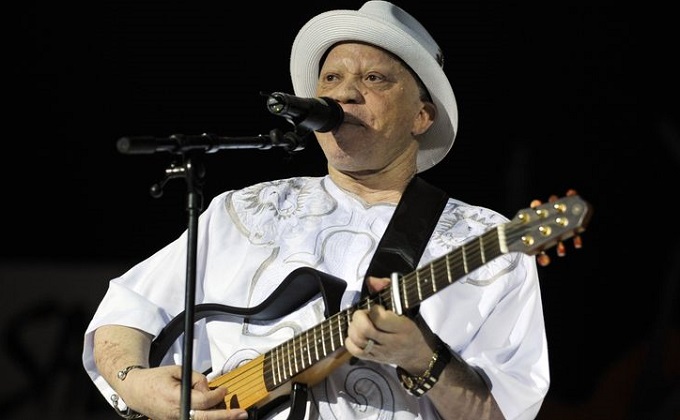
- Nationality: Malian
- Date of birth: August 25, 1949
Nicknamed the “Golden Voice of Africa”, Salif Keita is a Malian albino musician known around the world. Despite being abandoned and misunderstood because of his albinism, he fought to succeed in his life. He is considered one of the founders of Afro-pop in Africa.
Afrcoulture.net presents 10 things to know about this exceptional singer.
1/ Salif Keita, 74 years old, was born on August 25, 1949 in Mali in the village of Djoliba. He is an Afro-pop singer and songwriter.
2/ Keita is known as the “Golden Voice of Africa” thanks to his raspy voice, his innovative arrangements and his poetic lyrics. He is also considered the founder of Afro-pop in Africa.
3/ He is a direct descendant of Sunjata Keita, the founder of the Mali Empire in the 13th century. Despite this royal ancestry, he came from a poor peasant family.
4/ Salif Keita suffered a lot in his youth. In fact, he was born with a genetic disease called albinism. Being a black albino caused him a lot of pain. He was often the victim of discrimination. He was treated like an outcast because society didn’t understand him.
5/ His dream was not to become a musician. When he was a child, his dream was to become a teacher.
He adds :
“I was a good student. My dream was to be a teacher, but at that time you had to ask the government to find you a job. After I finished my studies, the doctor [at the training school] told me that I could not be a teacher because I would scare the children. They also said it was because of my eyes… but I had special glasses and I could see very well.”
6/ At school, he fought against the stigma and numerous prejudices linked to his skin color. Considered an outcast, he was ostracized from society. He was also kicked out of school.
7/ To avoid being condemned to live in isolation and poverty, he decided to become a musician. But his family opposed him. Indeed, in Mande society, the practice of music is strictly reserved for the griot caste. For a member of the noble caste, pursuing a career as a “lower class” singer was simply unthinkable.
8/ Salif Keita taught himself the guitar on his own.
He declares :
“I decided to learn the guitar and make music. It was just something to do while waiting to find another job.”
“I had no choice. I could be a musician or I could be a delinquent, a criminal, a thief, a bandit”
“The guitar is magical, when you hear a note, you are tempted to complete it with another, then another, and if you arrive at a melody, it’s exciting. »
9/ He had to flee his village Djoliba in order to realize his dreams and not end up in poverty. Determined, he traveled to Bamako, the capital of Mali, where he played in bars and slept in the streets. In 1967, aged 18, he joined the Super Rail Band of Bamako, a government-sponsored group.
10/ Then in 1973, he and guitarist Kante Manfila joined Les Ambassadeurs Internationaux.
11/ In 1984, the group broke up. He leaves Africa for Europe. He goes to countries where his skin color cannot prevent him from expressing his artistic vision. First, he goes to Paris where he decides to launch his solo career. In 1987, he recorded his first solo album called Soro.
12/ After Paris, he also went to London and New York. It is in Europe that he finds success and peace. In 1991, his album “Amen” was nominated for a Grammy. He was the first African group leader to obtain a nomination. Carlos Santana and Wayne Shorter participated in the album “Amen”.
13/ Thanks to his fame and success; he makes peace with his past. And decides to return to Mali where he suffered a lot from stigmatization. His family welcomes him with open arms. And Malian society gives him a triumphant welcome. He decided to create a recording studio there.
He said in an interview:
“I didn’t think I would be a professional musician, but ultimately I never had another career. It was a surprise to have so much success. » Success also brought reconciliation with his family. “Later, when they saw that I was famous, they accepted it more.”
14/ During his career, Salif recorded more than 20 albums.
His discography:
| Date | Album name | Label |
| 1987 | Soro | Island Records |
| 1989 | Ko-Yan | Island Records |
| 1991 | Amen | Island Records |
| 1994 | Intégrale 1969-1980 | Sonodisc |
| 1995 | The Mansa of Mali…a Retrospective | Mango |
| 1995 | Folon | Mango |
| 1997 | Seydou Bathili | Sonodisc |
| 1998 | Sosie | Night and Day |
| 1999 | Papa | Capitol Records |
| 2002 |
Moffou |
Universal Music Group |
| 2005 | M’Bemba | Universal |
| 2009 | La Différence | EmArcy Records |
| 2011 | Anthology | Universal |
| 2012 | Talé | Universal |
| 2018 | Un autre blanc |
15/ In his music, he fuses traditional West African music and Western music. The musical instruments they use regularly are balafons, djembes, guitars, koras, organs, saxophones and synthesizers.
16/In 2002, his album Moffou went gold. It has the same name as a recording studio and club, which he newly owns.
17/ He met many talented musicians and worked on different styles of music. Music is his whole life.
He adds :
“After 50 years of career, you meet a lot of people, you learn a lot. I learned to work with jazz, pop music, European, American, Cuban music, I like the mix“
« For me, music is my life. It’s my freedom. My music gives me the opportunity to talk to people, to tell them what I want and what I feel.”
18/ How many artists he doesn’t like the term “world music”. During an interview with Marc Gabriel Amigone, he explains:
“It’s true, personally, I don’t really like the term “world music”, because it suggests two worlds where music comes from when in reality all music comes from the world.”
19/ Throughout his career, he fought to defend values of tolerance. As you know, people with albinism are often stigmatized and victims of crimes and ritual practices in Africa because of insane beliefs.
20/ Salif Keita creates a foundation which aims to raise awareness about the plight of people with albinism and to defend their rights and social integration. Also through this organization, he raises funds to provide them with free health and education services in the United States, Africa and around the world. The link to his foundation is http://www.salifkeita.us.
21/ In a very noble gesture, the Golden Voice of Africa donated proceeds from record sales and tours to buy sunscreen for Africans in need. He also took the opportunity to build a school and a dispensary in Bamako.
What do you think ?

